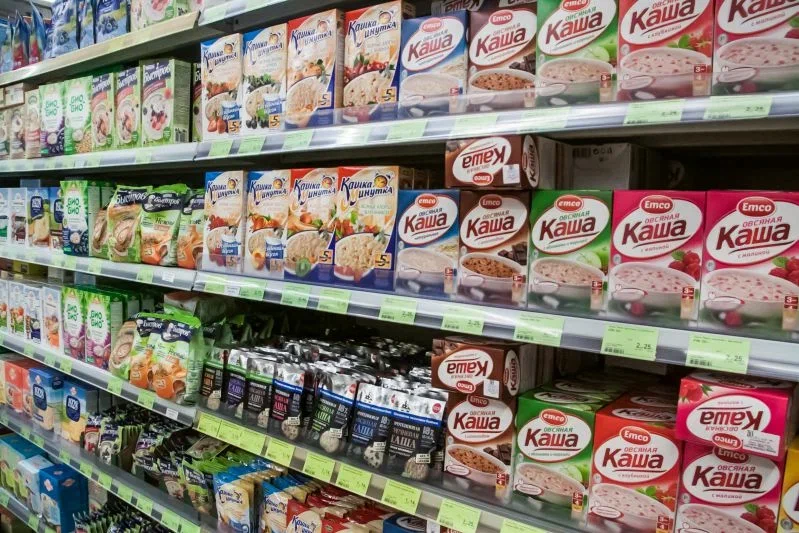Porridge is considered one of the healthy dishes in the human diet, but there are some exceptions.
We are not talking about individual intolerance to any ingredients, but about the nutritional value and contraindications of semolina porridge.
Dietitian, functional integrative nutrition specialist, and DNA testing specialist Irina Toropygina told 161.Ru who shouldn't eat semolina porridge and why.

What is the reason?
Semolina is made from soft varieties of wheat, ground into grains, which allows it to be quickly cooked.
The processing process results in the finished product containing virtually no useful substances.
In other words, semolina porridge is a source of pure and fast carbohydrates, which, when exceeded, increases blood sugar levels.
Can children have it?
It turns out that semolina porridge is not the healthiest product for children. But it is often recommended to feed it to children who eat poorly - it helps them gain weight.
However, it contains phytates, which remove calcium from the body, which leads to problems with bone formation in children.
Another harmful component is gliadin. If a person has a genetic susceptibility to this substance, celiac disease may develop.
In this case, rapid fatigue, irritability, abdominal pain and increased gas formation, diarrhea or constipation appear.
Tooth enamel also suffers, concentration decreases, and hyperactivity develops.
Contraindications
Semolina is contraindicated in case of gluten intolerance.
Porridge cooked in milk and sugar is contraindicated for diabetics and obese people.
Who can eat semolina?
At the same time, semolina contains vitamins of group B, as well as E and PP.
The composition includes niacin, phytin, as well as potassium, phosphorus, selenium, zinc and iron.
Semolina can be useful for patients with gastritis, digestive disorders and ulcers.
In this case, porridge will help relieve spasms.
